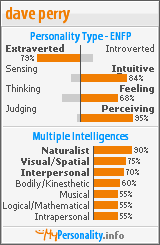Imagine what the built environment would be like without mortar. It is something that we take for granted and to which most of us don’t give a second glance – unless a quinquennial inspection is due. Sitting as a soft and wet splodge on a bricklayers trowel it looks decidedly unpromising as a means of holding brickwork together, yet once dry it clearly has great strength.
So what is the faith-equivalent of mortar? What is it that binds people together in strong relationships and resilient communities? Or might we say who is it? The tendency to think in more individualistic or kin-group terms when faced with an external threat of some sort is probably hard-wired into our evolutionary make-up as a species. It seems to be the case that attitudes towards other groups and interests in society harden during a recession, and self-interest becomes sharper. The Party Conferences exhibit and exacerbate some of the classic faultlines which now threaten to heave and shift to disrupt our settled ways as a nation. This is only to be expected when severe cuts in Public Services are in the offing, whilst glaring inequalities between the rich and poor remain undisturbed.
At times like this it seems to be to be more vital than ever that Christians seek to be like the mortar on a Brickie’s trowel, ready to repair and hold together that which might otherwise fall apart when cracks appear. Sometimes of course the task is to wield the wrecking ball ourselves, and to clear away the resultant rubble and build something new and stronger in its place. We do not want to prop up injustice, exploitation and unfairness. But in many instances surely our vocation is to hold and absorb many of the tensions that are flowing through the built relational fabric of society, which might otherwise cause the masonry of understanding and respect to shift disastrously. Perhaps there is a lot of truth in the old adage: “united we stand, divided we fall.”








No comments:
Post a Comment